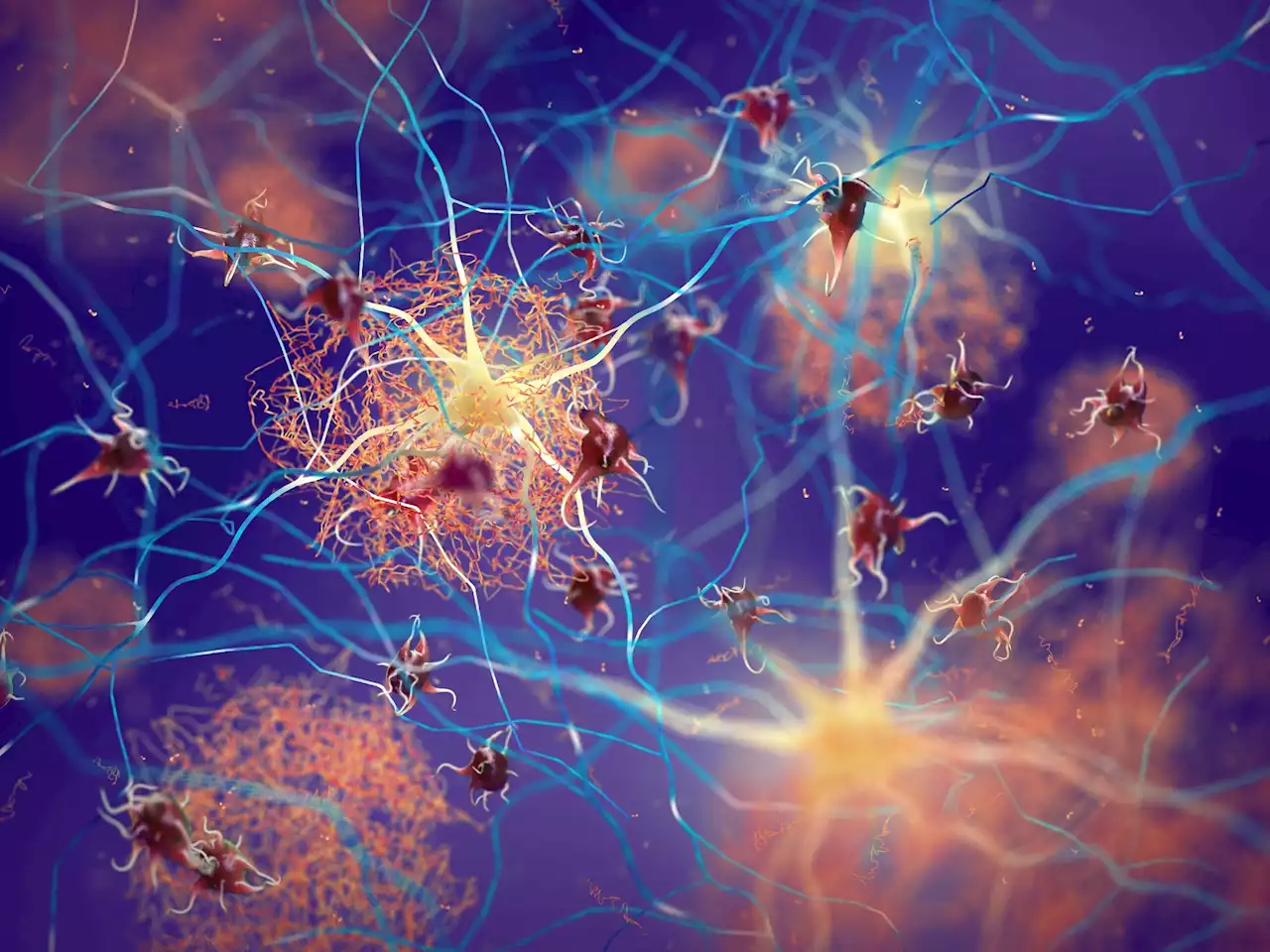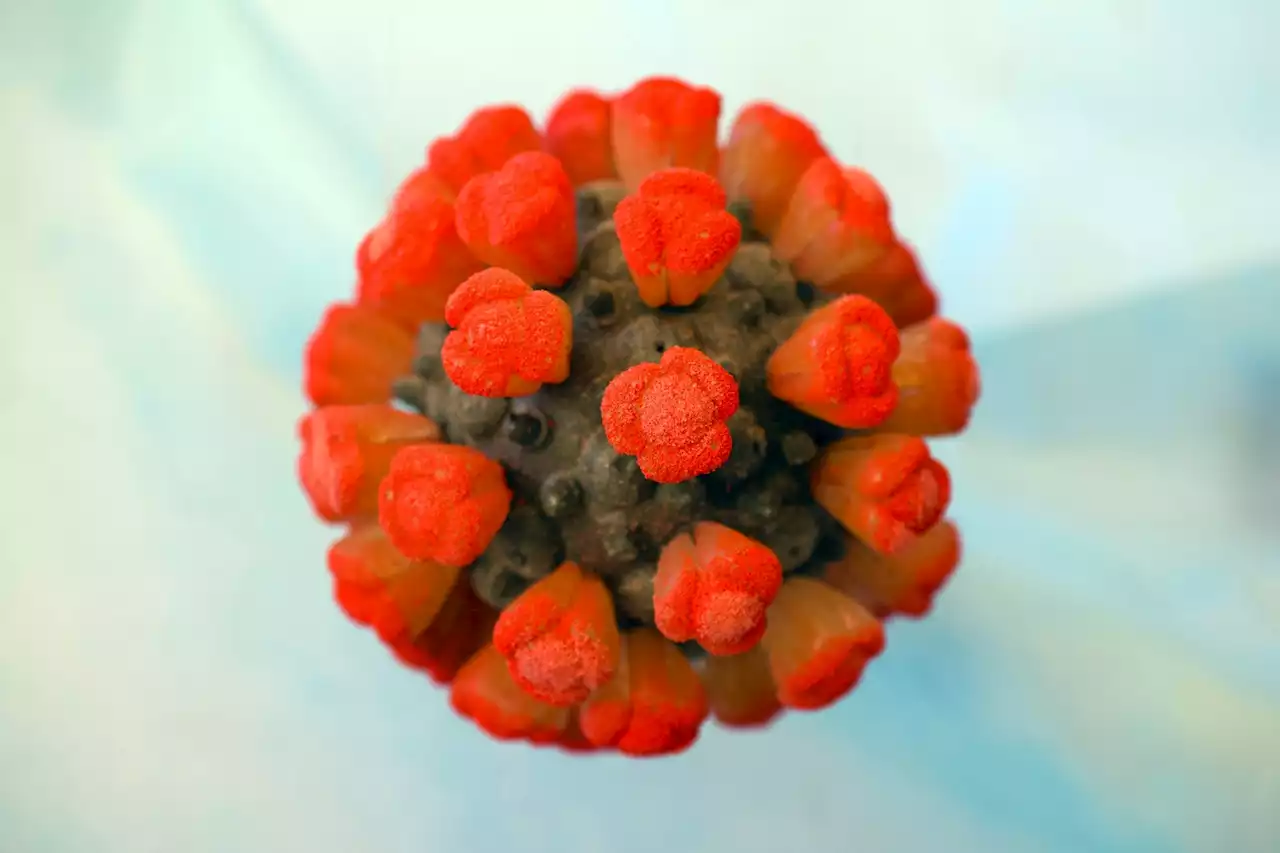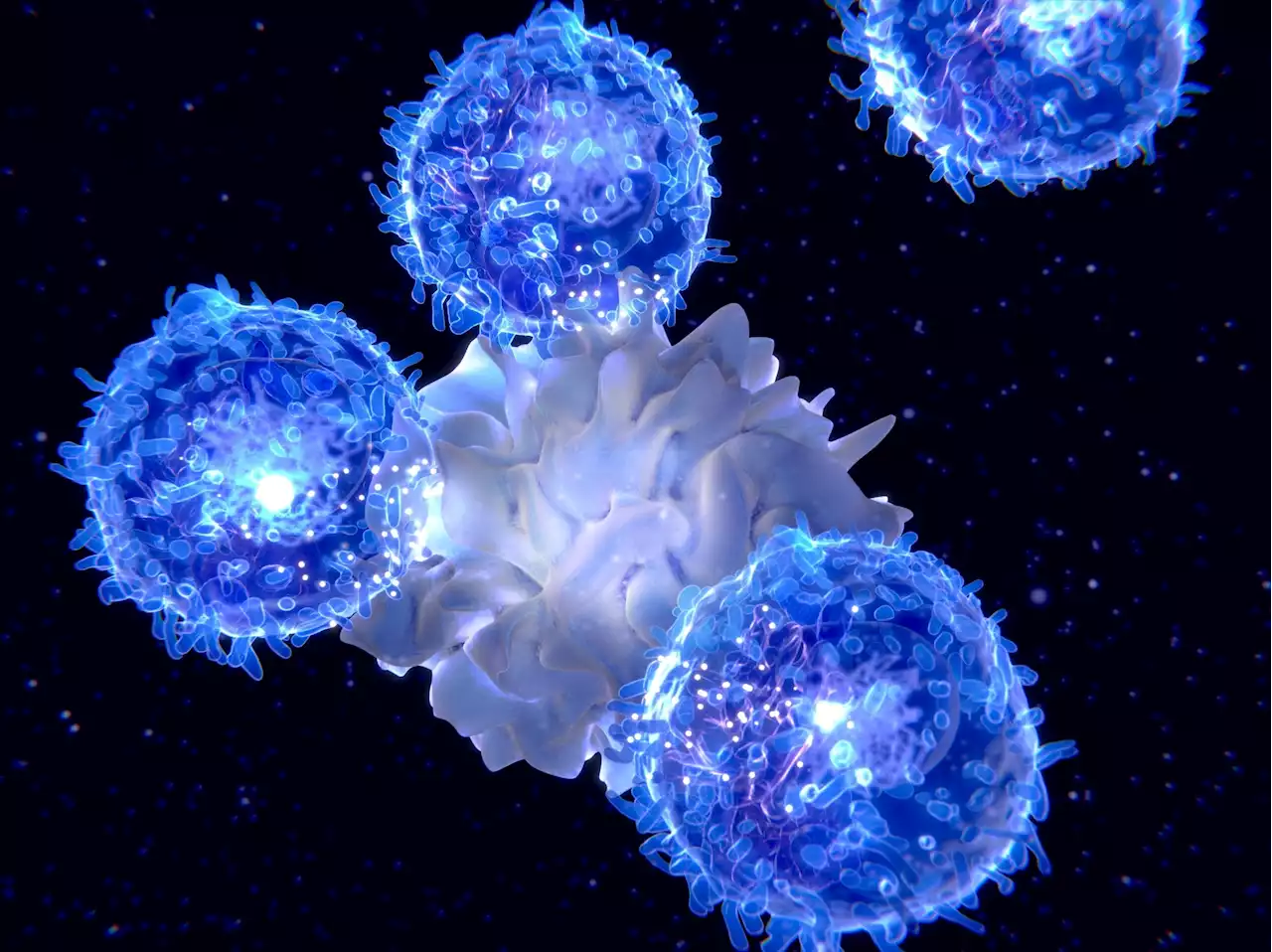Isolated monoclonal antibodies targeting SARS-CoV-2 S1/S2 cleavage effective against Delta and Omicron Antibodies Coronavirus Disease COVID Delta Omicron SARSCoV2 SciReports UTokyo_News OsakaU_Research gunma_uni_ad
By Pooja Toshniwal PahariaNov 28 2022Reviewed by Benedette Cuffari, M.Sc. In a recent Scientific Reports journal paper, researchers isolated 7G7 and NIBIC-71 from peripheral blood mononuclear cells derived from coronavirus disease 2019 convalescent individuals. These monoclonal antibodies were found to neutralize the severe acute respiratory syndrome coronavirus 2 Delta and Omicron variants.
About the study In the present study, researchers isolated two mAbs, 7G7 and NIBIC-71, that neutralized SARS-CoV-2 VOCs through different neutralization mechanisms. Recombinant mAbs NIBIC-71, 7G7/λ, and 7G7/κ were prepared to characterize 7G7 and NIBIC‑71. In addition, s-ACE2 interactions were assessed using ELISA.
Pulmonary tissues of the infected hamsters were obtained and subjected to histological analysis. These tissues were also used to determine the pulmonary viral load through CPE and reverse transcription-polymerase chain reaction assays. The NIBIC-71 mAb was derived from immunoglobulin G1 /Igκ with Ig Kappa variable 1-9 and Ig heavy variable 3-53 genes. The 7G7 mAb was derived from IgG1/Igλ2 with Ig lambda variable 3-25 and IGHV3-33 genes.
United Kingdom Latest News, United Kingdom Headlines
Similar News:You can also read news stories similar to this one that we have collected from other news sources.
 Molecular and cellular similarities identified in the brains of SARS-CoV-2 and Alzheimer's disease patientsResearchers evaluated neuro-pathophysiological consequences of severe acute respiratory syndrome coronavirus 2 (SARS-CoV-2) infection, especially the post-acute sequelae of SARS-CoV-2 (PASC) in Alzheimer’s disease (AD) patients.
Molecular and cellular similarities identified in the brains of SARS-CoV-2 and Alzheimer's disease patientsResearchers evaluated neuro-pathophysiological consequences of severe acute respiratory syndrome coronavirus 2 (SARS-CoV-2) infection, especially the post-acute sequelae of SARS-CoV-2 (PASC) in Alzheimer’s disease (AD) patients.
Read more »
 Cryo-electron tomography helps visualize platelet deformation due to SARS-CoV-2 spike proteinResearchers used cellular cryo-electron tomography (cryo-ET) to demonstrate the role of severe acute respiratory syndrome coronavirus 2 (SARS-CoV-2) spike (S) protein in coronavirus disease 2019 (COVID-19)-triggered severe coagulopathies.
Cryo-electron tomography helps visualize platelet deformation due to SARS-CoV-2 spike proteinResearchers used cellular cryo-electron tomography (cryo-ET) to demonstrate the role of severe acute respiratory syndrome coronavirus 2 (SARS-CoV-2) spike (S) protein in coronavirus disease 2019 (COVID-19)-triggered severe coagulopathies.
Read more »
 Nanoparticles displaying SARS-CoV-1 and SARS-CoV-2 spikes induce broad antibody responses in animal modelNanoparticles displaying SARS-CoV-1 and SARS-CoV-2 spikes induce broad antibody responses in animal model Antibody Nanoparticles SARS SARSCoV2 Coronavirus Disease COVID iScience_CP UW WeillCornell UvA_Amsterdam scrippsresearch
Nanoparticles displaying SARS-CoV-1 and SARS-CoV-2 spikes induce broad antibody responses in animal modelNanoparticles displaying SARS-CoV-1 and SARS-CoV-2 spikes induce broad antibody responses in animal model Antibody Nanoparticles SARS SARSCoV2 Coronavirus Disease COVID iScience_CP UW WeillCornell UvA_Amsterdam scrippsresearch
Read more »
 Memory B and T cells responses differ when induced by SARS-CoV-2 infections or booster vaccinationsIn a recent study published in The Journal of Immunology, a team of researchers from Japan examined the memory B and T cell responses to severe acute respiratory syndrome coronavirus 2 (SARS-CoV-2) spike protein after the booster dose of the coronavirus disease 2019 (COVID-19) messenger ribonucleic acid (mRNA) vaccine BNT162b2.
Memory B and T cells responses differ when induced by SARS-CoV-2 infections or booster vaccinationsIn a recent study published in The Journal of Immunology, a team of researchers from Japan examined the memory B and T cell responses to severe acute respiratory syndrome coronavirus 2 (SARS-CoV-2) spike protein after the booster dose of the coronavirus disease 2019 (COVID-19) messenger ribonucleic acid (mRNA) vaccine BNT162b2.
Read more »
 Alterations of the fecal microbiota in relation to acute COVID-19 infection and recovery - Molecular BiomedicinePeople with acute COVID-19 due to SARS-CoV-2 infection experience a range of symptoms, but major factors contributing to severe clinical outcomes remain to be understood. Emerging evidence suggests associations between the gut microbiome and the severity and progression of COVID-19. To better understand the host-microbiota interactions in acute COVID-19, we characterized the intestinal microbiome of patients with active SARS-CoV-2 infection in comparison to recovered patients and uninfected healthy controls. We performed 16S rRNA sequencing of stool samples collected between May 2020 and January 2021 from 20 COVID-19-positive patients, 20 COVID-19-recovered subjects and 20 healthy controls. COVID-19-positive patients had altered microbiome community characteristics compared to the recovered and control subjects, as assessed by both α- and β-diversity differences. In COVID-19-positive patients, we observed depletion of Bacteroidaceae, Ruminococcaceae, and Lachnospiraceae, as well as decreased relative abundances of the genera Faecalibacterium, Adlercreutzia, and the Eubacterium brachy group. The enrichment of Prevotellaceae with COVID-19 infection continued after viral clearance; antibiotic use induced further gut microbiota perturbations in COVID-19-positive patients. In conclusion, we present evidence that acute COVID-19 induces gut microbiota dysbiosis with depletion of particular populations of commensal bacteria, a phenomenon heightened by antibiotic exposure, but the general effects do not persist post-recovery.
Alterations of the fecal microbiota in relation to acute COVID-19 infection and recovery - Molecular BiomedicinePeople with acute COVID-19 due to SARS-CoV-2 infection experience a range of symptoms, but major factors contributing to severe clinical outcomes remain to be understood. Emerging evidence suggests associations between the gut microbiome and the severity and progression of COVID-19. To better understand the host-microbiota interactions in acute COVID-19, we characterized the intestinal microbiome of patients with active SARS-CoV-2 infection in comparison to recovered patients and uninfected healthy controls. We performed 16S rRNA sequencing of stool samples collected between May 2020 and January 2021 from 20 COVID-19-positive patients, 20 COVID-19-recovered subjects and 20 healthy controls. COVID-19-positive patients had altered microbiome community characteristics compared to the recovered and control subjects, as assessed by both α- and β-diversity differences. In COVID-19-positive patients, we observed depletion of Bacteroidaceae, Ruminococcaceae, and Lachnospiraceae, as well as decreased relative abundances of the genera Faecalibacterium, Adlercreutzia, and the Eubacterium brachy group. The enrichment of Prevotellaceae with COVID-19 infection continued after viral clearance; antibiotic use induced further gut microbiota perturbations in COVID-19-positive patients. In conclusion, we present evidence that acute COVID-19 induces gut microbiota dysbiosis with depletion of particular populations of commensal bacteria, a phenomenon heightened by antibiotic exposure, but the general effects do not persist post-recovery.
Read more »
 All trimesters of pregnancy carry the same COVID-19 riskA study in the American Journal of Obstetrics & Gynecology MFM journal aimed to analyze the effect of the trimester of SARS-CoV-2 infection on the progression of the disease in pregnant women.
All trimesters of pregnancy carry the same COVID-19 riskA study in the American Journal of Obstetrics & Gynecology MFM journal aimed to analyze the effect of the trimester of SARS-CoV-2 infection on the progression of the disease in pregnant women.
Read more »
